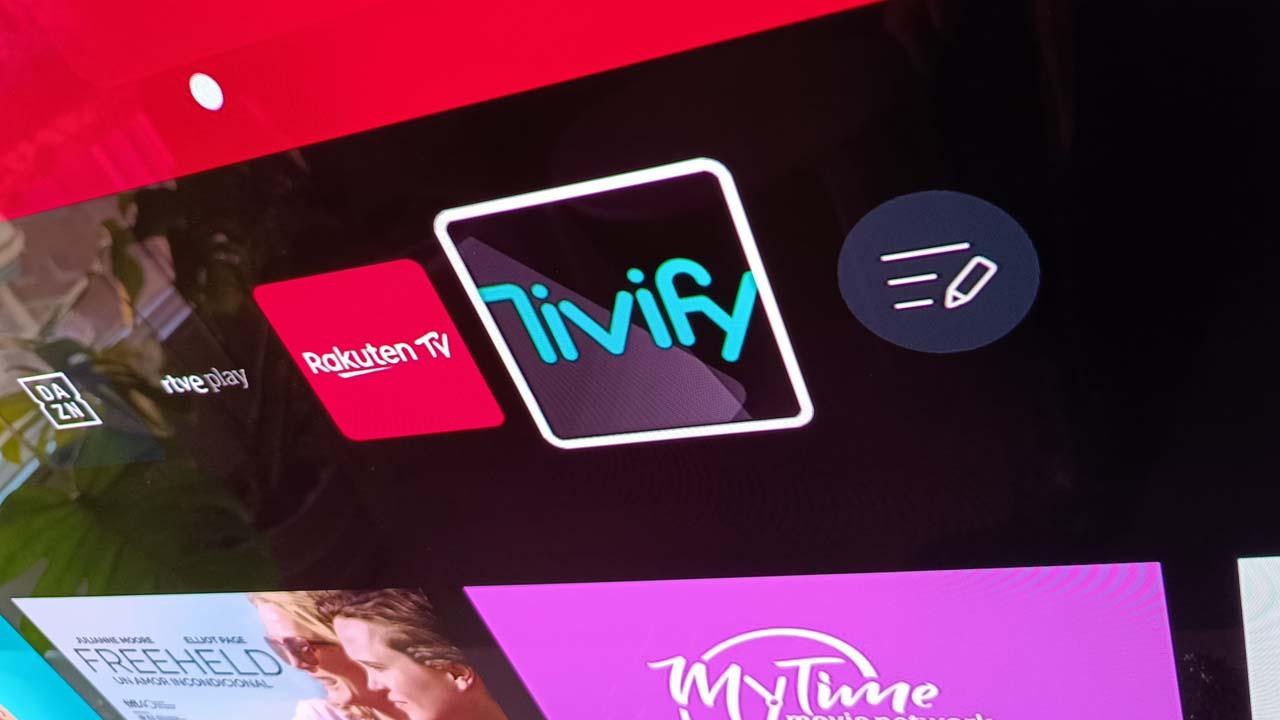Linux operating systems remain a minority compared to the large market shares held by Windows and macOS, despite their usage rate reaching 4.03% for the first time last May, but some recent trends may continue to improve their popularity.
The sheer number of different distributions and versions can cause a lot of confusion at first, and its sometimes poor compatibility with some famous creative programs means that not many professionals choose Linux for work. However, some recent discontents combined with the evolution of the market suggest that Linux could continue to gain followers in the near future.
In the end, major professional video editing, photography, design, music creation or other programs are usually created with Windows or macOS in mind, leaving Linux compatibility as an added bonus that is not given as much importance.
But recent concerns about user privacy, the forced inclusion of AI assistants and the high prices of Apple or Microsoft hardware may encourage more and more people to opt for an alternative that is not only cheaper, but may also be better in several ways.
Big disappointments with Microsoft
We can talk about the uneven rollout of the Recall tool, which was poorly received by the public, raising a lot of concerns about the security of users’ confidential data. But also about the inclusion of Copilot as a Windows assistant, or the embellishment of the entire operating system with advertising spaces disguised as recommendations, which are an unsolicited distraction for the user.
This is why, for example, the clean version of Windows for public institutions that was revealed on the networks a few weeks ago attracted so much attention; users want a lightweight operating system, without unwanted pre-installed applications and, ultimately, without so much bloatware and interference from Microsoft. Linux, on the other hand, with its open-source philosophy, presents operating systems that focus on meeting the needs of users, without any interest in obtaining more income from it with advertising or extra services.
Apple computers are too expensive
Although macOS remains an extremely desirable operating system for its beautiful visual aesthetics, and for its power and fluidity, there is one problem that does not seem to be resolved anytime soon: cost. And it seems that the day will not come when the Californian company decides to launch more affordable devices on the market. Even the most basic MacBook Air, with 8GB of RAM (which is already quite little) and a 13-inch screen, exceeds 1000 euros in price.

Buying a bare-metal computer and installing a Linux distro on it is going to be many times cheaper, even if we opt to buy a PC that already has Linux pre-installed. Microsoft computers, on the other hand, while usually cheaper than Apple’s, are not exactly cheap if we’re looking to opt for one with a good graphics card, plenty of hard drive storage, and enough gigabytes of RAM. The current economic situation is putting a squeeze on everyone’s pocket, and more people may start to open their eyes to functional and less expensive alternatives.
Oasis for AI haters
Unlike Windows with its Copilot, Androids with Google’s Gemini or Apple devices with the arrival of Apple Intelligence, Linux distributions are not incorporating artificial intelligence assistants by default in their systems. There are a large number of people who are fed up with seeing AI everywhere, and they are looking for a system that does not constantly try to encourage them to use it in order to use their data to continue training it. A Linux frees you from all this, without preventing you from using an AI at the specific time you want by installing it yourself or using an online platform such as ChatGPT.

Greater privacy
The open-source operating system has long been considered much more respectful of user privacy than Windows, which tries to extract as much data as possible from the user in order to continue generating extra revenue over time. Although it may require a slightly higher level of computer knowledge, Linux users can customize their systems more and use them as they wish, rather than the computer taking advantage of the user’s usage.
There are also several distros specifically focused on online privacy, such as Tails, Kodachi, Qubes OS or Septor.
Speed and fluidity
The community of Linux fans and programmers, who are dedicated to their work even for little or no pay due to their respect for the open philosophy, make the Linux kernel constantly improve and any errors that are detected are corrected instantly with new updates. Although at first one may feel more unprotected with Linux because fewer people around us use it, on the Internet we can find hundreds of pages and forums where we can ask our questions and learn how to do anything. In the end, this is not going to be a problem for those who are curious and interested in learning new things about computing every day, although it is undeniable that it can be annoying for those who simply want to do a task quickly without worrying about what happens behind the scenes.
There are a multitude of Linux distros that are widely used on older computers, precisely because they are so fast even with low resources. There are also distros geared towards gaming, to maximize compatibility, distros designed for programming, and many others for different use cases. The range of options is very wide.













